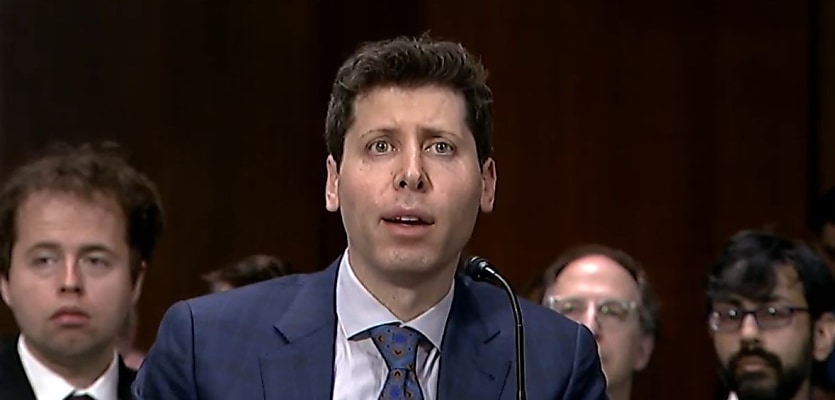The artificial intelligence race has picked up momentum again, with OpenAI launching a brand-new version of its revolutionary program, ChatGPT, targeted at businesses.
“We believe AI can assist and elevate every aspect of our working lives and make teams more creative and productive,” insisted a blog from OpenAI announcing the launch of ChatGPT Enterprise.
Amongst other improved capabilities, the latest version of the ChatGPT system offers customers “enterprise-grade security and privacy, unlimited higher-speed GPT-4 access, longer context windows for processing longer inputs, [and] advanced data capabilities”.
Since ChatGPT was launched late last year, over 80 per cent of Fortune 500 companies have adopted the system into their teams, according to OpenAI, with the tech giant revealing its motivation for the new product being the fact that they’ve “heard from business leaders that they’d like a simple and safe way of deploying it in their organisation”.
At a time when cyber security concerns have exploded, the new product is also set to see businesses “own and control [their] business data in ChatGPT Enterprise”, OpenAI revealed.
Moreover, the software is SOC 2 compliant and all conversations “are encrypted in transit and at rest”.
While data security is paramount for companies adopting ChatGPT Enterprise, so too is performance. OpenAI confirmed clients of the system won’t be restricted to usage caps while experiencing a performance that is twice as fast.
Additional features include 32k context – allowing users to process four times longer inputs or files, as well as unlimited access to advanced data analysis – an ability OpenAI explained would enable “both technical and non-technical teams to analyse information in seconds”.
OpenAI’s development and release of ChatGPT Enterprise comes just months after Elon Musk, chief executive officer at Tesla, and Steve Wozniak, co-founder of Apple, joined over 1,000 signatories of an open letter urging for a slowdown in the AI race.
The document, which stated AI presents “profound risks to society and humanity”, called for a pause on the development of AI to “jointly develop and implement a set of shared safety protocols for advanced AI design”.
It also suggested: “AI developers must work with policymakers to dramatically accelerate development of robust AI governance systems.”
In a similar light, OpenAI’s CEO, Sam Altman, insisted “regulation of AI is essential” at a Senate judiciary subcommittee on privacy, technology and laws, back in May.
At the time, Mr Altman stated: “For a very new technology, we need a new framework.”









You are not authorised to post comments.
Comments will undergo moderation before they get published.